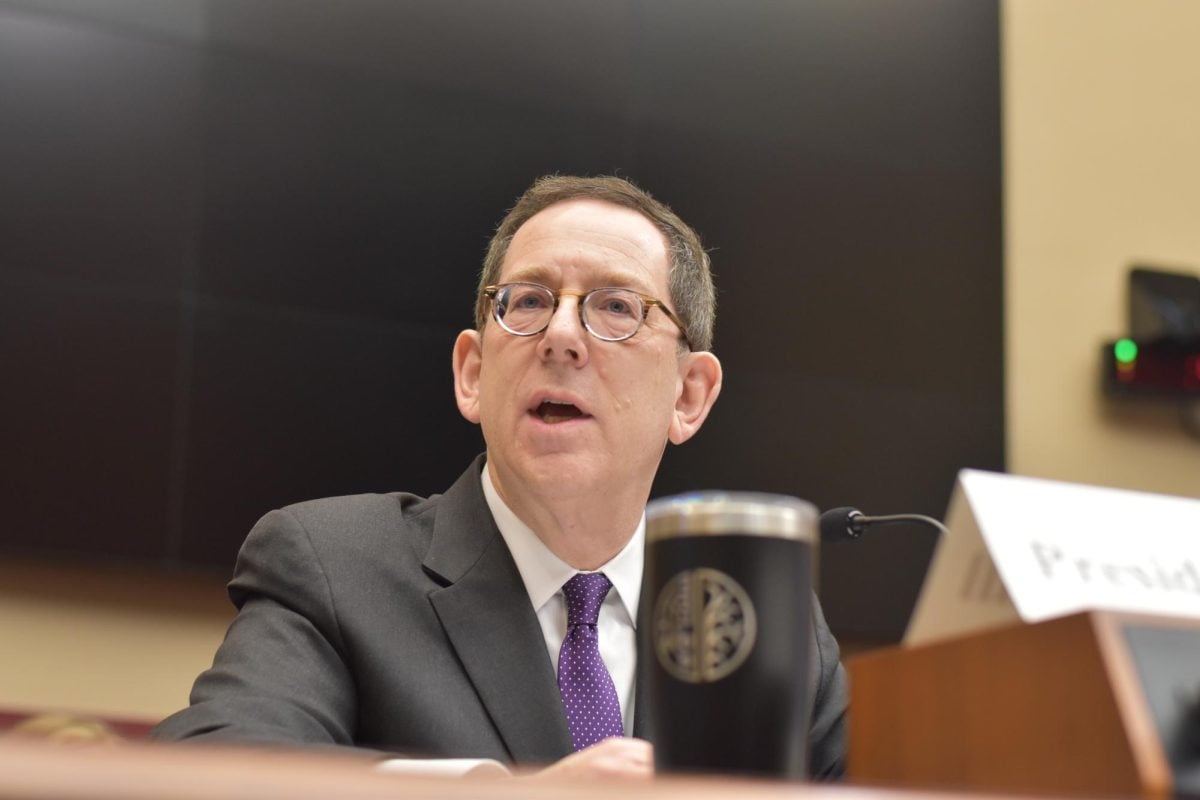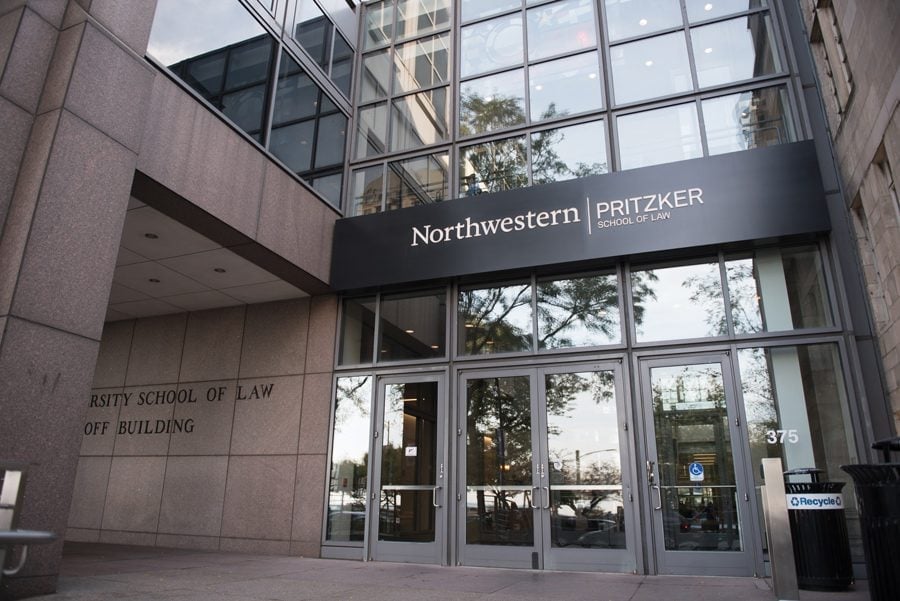In accordance with a new policy implemented this fall, employees in the Division of Student Affairs are now prohibited from having relationships with Northwestern students.
The policy prohibits all Student Affairs administrators, faculty and staff members, including Community Assistants, from engaging in romantic or sexual relationships with students they encounter as part of their occupational duties.
NU personnel must acknowledge their “unique” relationships with students as “trusted university representatives,” according to the policy.
Patricia Telles-Irvin, vice president for student affairs, began developing the policy when she came to NU last year. The rule, which Telles-Irvin said she enacted in her previous position at the University of Florida, is a “really good practice to have” to ensure that staff are “clear about their roles.”
Staff in Student Affairs often supervise or mentor students, so the new policy aims to distinctly outline appropriate behavior, Telles-Irvin said.
“It’s a privilege to have that relationship with students,” she said. “I don’t want anybody to cross that line, to cross that boundary. When you cross that boundary, it complicates the relationship and it can harm the student’s wellness.”
Romantic or sexual relations with students are banned even if they are consensual.
“I know of situations where we have older people trying to have a relationship with a younger student,” Telles-Irvin said. “I want to be proactive and be sure we try to prevent that from happening here.”
Because the policy applies to all employees within Student Affairs, it also extends to student employees, who hold jobs across the division’s 31 different departments. As a result, graduate assistants, practicum students and students working in Residential Services must all abstain from entering relationships with those under their immediate jurisdiction.
This creates a unique situation for residence halls’ CAs, who are both NU employees and students.
Weinberg freshman Becca Dugan, who lives in Elder, said CAs have to walk a fine line between being a student and a university employee.
“It can be kind of uncomfortable, especially if the CA is the same age as the people they’re supposed to be in charge of,” she said.
However, Dugan also said the new policy will prevent CAs from being biased and failing to enforce the rules and will ultimately “make students respect their CAs more.”
Taking the “ambiguity” out of what is considered right and wrong, the policy clearly outlines the rules for student employees, said Paul Riel, executive director of Residential Services. Riel said there is a “conflict of interest” for these students, who need to be aware of their leadership position over other students.
‘If you’re in a relationship with that individual, you may or may not choose to exercise your responsibility as a CA,” Riel said.
Riel said the new procedure is not very groundbreaking, noting that it is a fairly common practice at large organizations. He said the specific guidelines for CAs essentially operate like those for supervisors and their employees in any other company.
“This is not a new phenomena to organizations,” Riel said.












